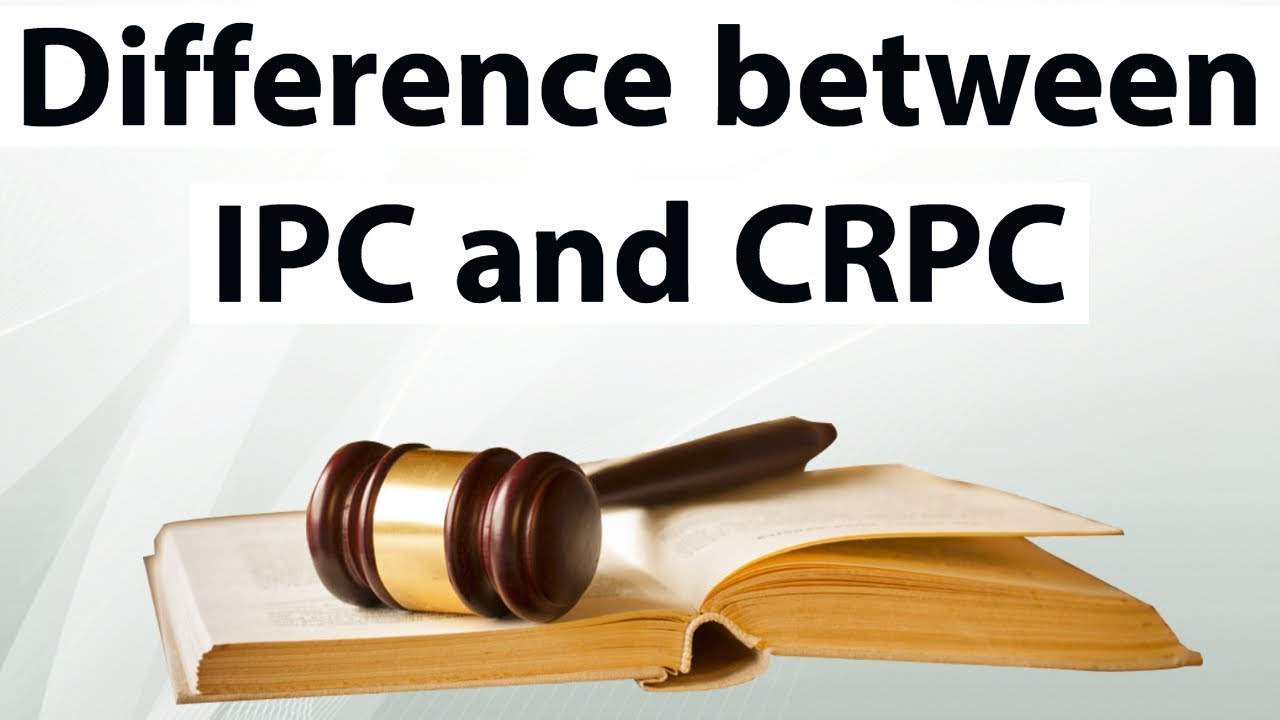
The society is a group of people living together and the basic need of human beings is peace and security. However, human nature is competitive and self-assertive, due to which conflicts in society takes place disturbing the peace and harmony of the same. Thus, to stop the people from disturbing society’s peace and from indulging into any criminal activities, the Indian Penal Code and Code of Criminal Procedure were enacted during the British Raj in India, which prescribed punishments for the offences and laid down the procedure to be followed in a criminal case.
Difference between Indian Penal Code and Code of Criminal Procedure
The Indian Penal Code is a substantive law. Substantive law is a law which defines the rights and liabilities in civil law and crimes and punishment under the criminal law. Therefore, the Indian Penal Code is the law that states the punishable offences along with their punishments or penalties or both. It explains all possible crimes and their related punishments. Under this code, the punishments are divided into five major sections, i.e. death, imprisonment for life, imprisonment in general, forfeiture of property and fine.
However, the Code of Criminal Procedure is procedural law. Procedural law is a law which lays down the set of procedures for the enforcement of substantive law. Therefore, the Criminal Procedure Code is the law that describes the overall procedure which is to be followed by the Courts in a criminal case. It deals with the set of rules that direct the series of proceedings that take place during a criminal offence. It aims at setting up the necessary machinery for investigating cases, arresting criminals, presenting criminals before the courts, collecting evidence, imposing penalties or punishments on the accused, the entire procedure regarding bail, and so on.
Irrespective of the differences between the two codes, the applicability of one without the other is impossible. While IPC defines the criminal offences along with the penalties for the same, CrPC states the procedure for undertaking the criminal charge along with the conviction or acquittal of the accused. The code of criminal procedure is a complementary law to the primary Indian Penal Code.

